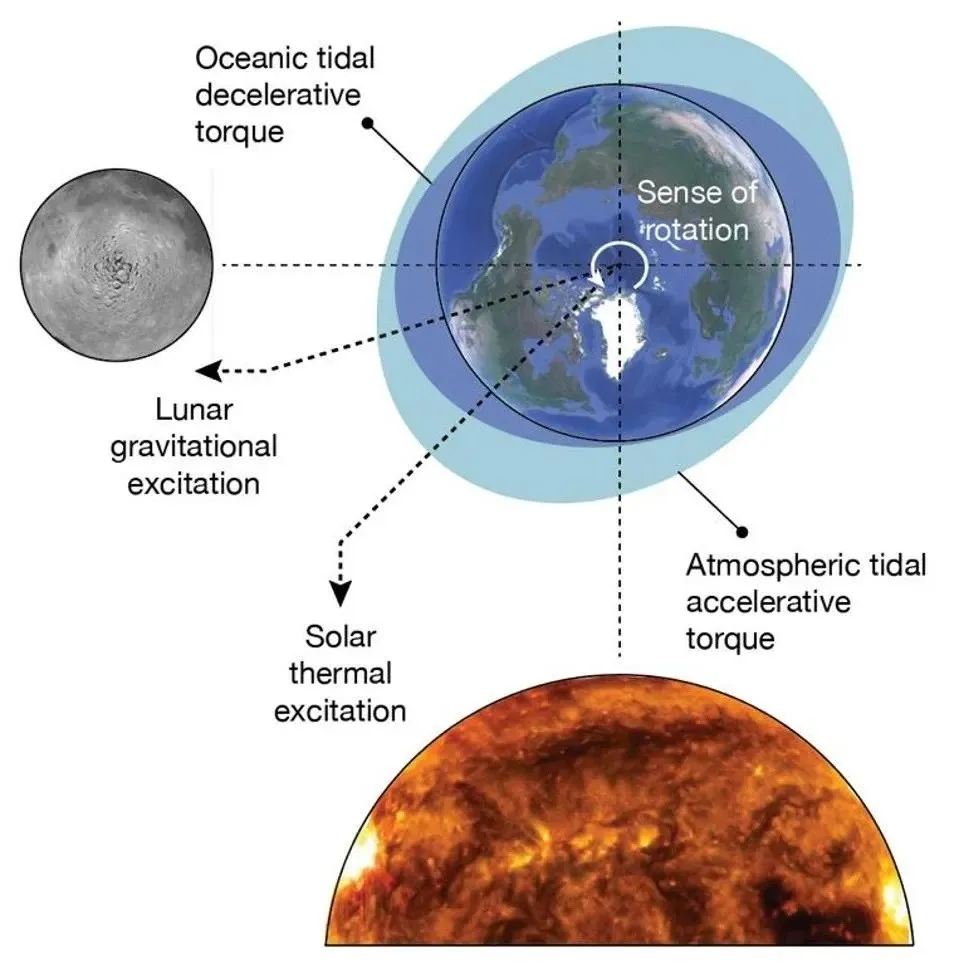
The world, in its distant past, was hardly similar to what it is now. One day on the planet remained constant for billions of years during the Precambrian era, according to a study.
The world was not the place it is today, millions or even billions of years ago. A new study by scientists reveals this once again. According to scientists, there was a long period in Earth’s history when days were shorter and the Moon orbited closer to the planet.
Length of a day is 19 hours
The study, published in Universe Today, was led by Ross N. Mitchell, professor of geosciences and geology at the Chinese Academy of Sciences, and Uwe Kirscher, a research fellow at Curtin University’s Geosciences Research Institute, Australia. According to the study, the length of a day on Earth was five hours shorter than the 24 hours we currently live. Geologists determined that in the middle of the Proterozoic era, for about a billion years, a day was 19 hours long.

‘The boring billion’
Also known as the Boring Billion or ‘The Boring Billion’, this period of relatively limited biodiversity occurred during Earth’s shorter days. “The accelerating effect of atmospheric thermal tides from solar energy temporarily offset the Earth’s rotation by offsetting the slowing effect of the Moon’s ocean tides,” the researchers said. In simple terms, the warmth of the atmosphere and the forces caused by energy from the Sun helped to balance the forces caused by the Moon’s gravitational pull on the Earth’s oceans, stabilizing the Earth’s rotation for about a billion years. During this period, days lasted only 19 hours.
Scientists emphasize that it is imperative to collect data on length of day (LOD) in the Precambrian period. This will provide a high temporal resolution understanding of the evolution of the Earth-Moon system. The research provides a deeper understanding of the planet’s history and how the natural satellite evolved over billions of years. Scientists believe that the interaction between the Earth’s atmosphere and the Sun’s heat plays a role in keeping the day length unchanged for a while.






